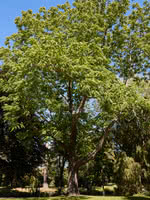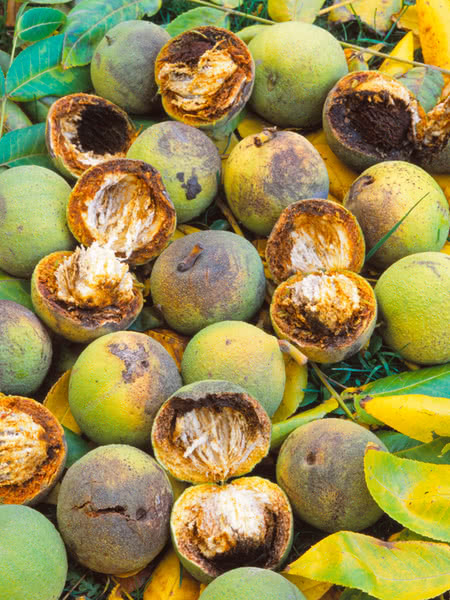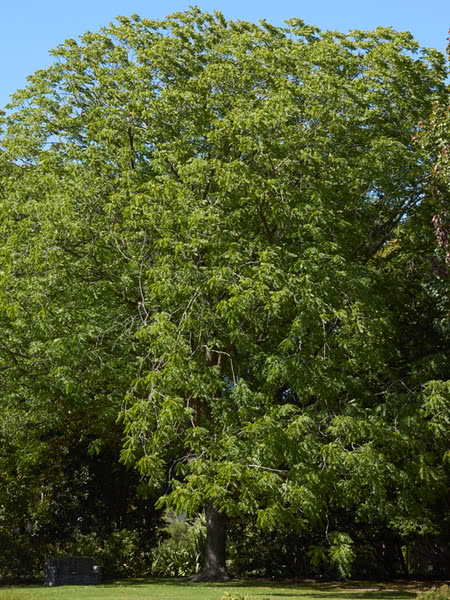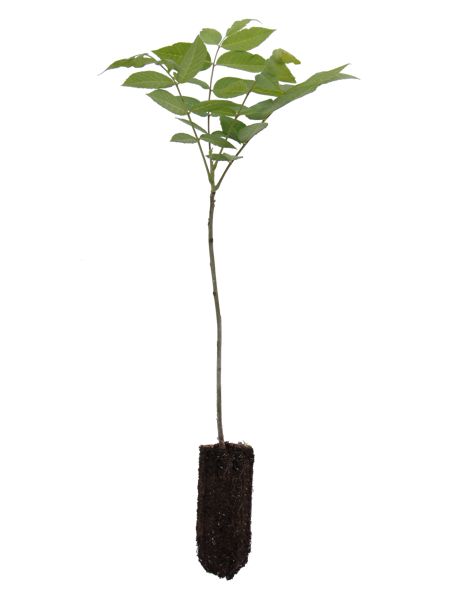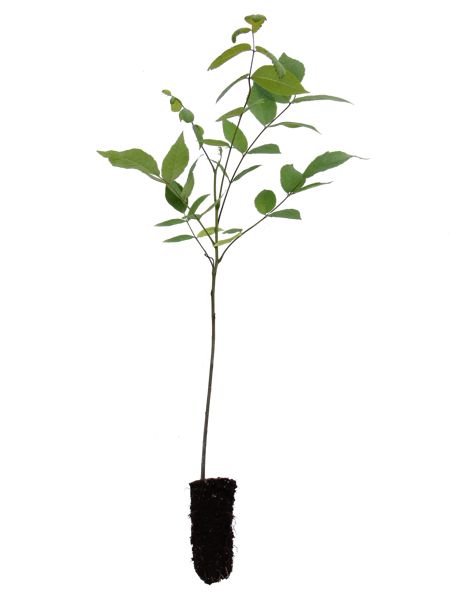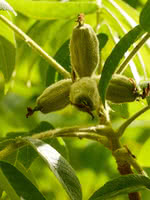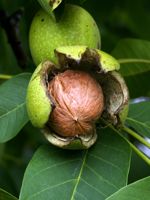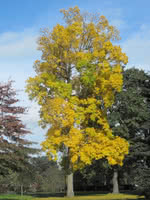Mon-Fri 9am - 5pm Mountain time
Cart reopens in November
Subscribe to our email list
to stay updated
We are closed to online orders until our new season begins in November
Call us at 1-844-873-3700 to discuss your project or
Subscribe to our email list to be
notified when the season begins
Canada Post Disruption: What It Means for Your Order
Click here for more informationBlack Walnut for sale
Black Walnut
Juglans nigra
The Black Walnut is a slow growing, large, straight-stemmed tree with an open crown. It produces dense, very hard, edible nuts.
Black Walnut has a deeply-furrowed, black bark. Its leaves are about 1 foot long, composed of 15 - 23 slightly stalked leaflets on a moderately stout stock which provide good dappled shade.
Despite being highly valued for its edible nuts and its shade tree aesthetics, it is rare to see this tree on the prairies.
Note: Black Walnut's roots produce a substance named juglone that is toxic to some other plants. Consider this when choosing where you plant a black walnut, as you will not be able to grow tomato, potato, cabbage, eggplant, blueberry, azalea, rhododendron, lilac, red pine and apple in the surrounding area.
Note: Plant this tree once. It will not respond well to transplanting.
Note: Although self-pollinating, planting two trees significantly improves nut production.
A top CO2 absorbing species. Experts think this tree may help climate change more than others.
Black Walnut Quick Facts
Black Walnut Quick Facts
What will you find at TreeTime.ca?
A huge assortment of trees, shrubs, and berry seedlings at prices garden centers, tree farms, and plant nurseries just can't match.
Don't know where to start?
Read our how to order page.
